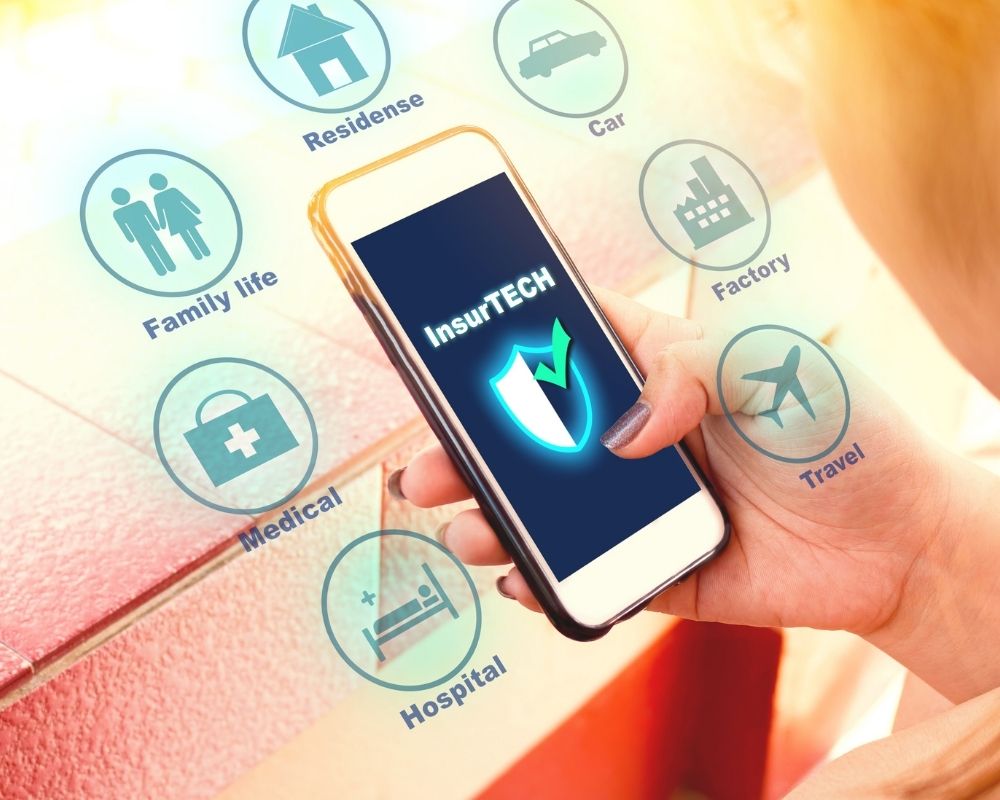- Who We Are
- What We Do
- Success Stories
- Careers
- News & Events
- Contact us

How Insurance via telecommunication emerged?
Nowadays, some insurance companies and telecommunication providing companies integrated have launched some simple insurance products.
Those products are relatively straightforward, telecommunication providing companies rewards for their loyal customers (who registered for the product by dialling a shortcode) with free Insurance as long as they spent a minimum amount of airtime (usually $2).
Educated customers on how the product works via an Unstructured Supplementary Service Data (USSD) menu showing policy information and through monthly SMS communications informing them the amount of Insurance they earned for the following month.
The wide-open claim model was designed to eliminate the fine print traditionally associated with Insurance and demonstrate a reliable product. Furthermore, even a trim level of health insurance coverage would significantly improve the current situation in these developing markets and the first step toward health finance.
Was not deducted the customer’s airtime, but rather the cover was provided for free and paid by the telecommunication providing companies based on the overall increase in value to their core business (via airtime spend) from the portfolio of insured customers.
This business model offered a “win-win-win” for the Insured person, distributor, and insurer alike. The insured obtained an accessible and dependable means of risk mitigation, and the distributor received a product to improve income and brand loyalty. The insurer saw millions of more clients become policyholders financially feasible as premiums exceeded claim costs.
Status of Sri Lanka regarding this
Mobile-enabled insurance or MEI is practised in some countries, particularly emerging markets, but in Sri Lanka, it is entirely unregulated and illegal under the provisions of the Regulation of Insurance Industry ActView(s): 1171.
This is referred to as MEI (mobile-enabled insurance) around the world. It is used in 27 additional nations, mostly in developing economies. However, it is wholly unregulated in Sri Lanka. It’s also against the law, according to the Insurance Industry Regulation Act.
Section 12(1) of the law states that “no person shall carry on insurance business in Sri Lanka unless such person is for the time being registered or deemed to be registered under this Act to carry on such business.”
Although there are a few MEI providing companies in Sri Lanka with special permission, such as while insurance selling requires trained agents to explain policies in some detail to potential customers. MEI is carried out in Sri Lanka through short telephone calls (usually under five minutes), during which the prospect is made to sound as attractive as possible. There is no contract for a customer to examine, no clarification about exclusions. It is packaged as a low-cost privilege delivered by mobile phone companies to their loyal subscribers, and it is quick.
With mobile phone penetration at around 130 per cent, this is a captive market from which insurance companies also benefit. Owing to concerns about the unchecked nature of the business, however, the Insurance Regulatory Commission of Sri Lanka (IRCSL) appointed a Subcommittee on Mobile Insurance.
Per-day insurance is sold by leading mobile phone operators in Sri Lanka. Network users are directly canvassed via a mobile connection.
In a letter sent last year to the subcommittee, a mobile network operator reveals that insurance has been chiefly sold to customers “who are at the bottom of the socio-economic pyramid with a focus on daily-wage earners”.
How much this market understands insurance the concept, how it works, the claims processes, benefits, and exclusions were not immediately transparent. There is little public awareness of what happens to these policies if a SIM changes hands.
How could they have known when signing up for insurance had been through a single, minutes-long phone call with just the barest of details shared? On its face, customers beneficiaries would receive a hefty reward for just a few rupees of premium taken off the phone bill each day.
Why should we use mobile telecommunication platforms for insurance?
Mobile operators can reach the masses via SMS campaigns and existing digital channels to communicate the importance of insurance.
This will help reduce a lack of awareness regarding the importance of insurance. They can have effective customer service to explain different policies as well as streamlined human resource operations.
The companies also have access to an immense pool of mobile users as a prospective insurance customer base, the capacity to engage older citizens via specific mobile packages and the possibility to develop a one-of-a-kind channel via which to approach approx.
Final Conclusion
Insurance Process while digitizing the process may seem like a step towards efficiency, there are still concerns about user privacy and protection.
Therefore, we should use bespoke software to build customer trust and increase the demand for insurance policies.
If you have an idea or are tired of finding a software solution company, don’t worry; you are in the correct place.
Come and join us. We are informatics, a company providing the best software solutions over three decades and offering custom software development based on your organization’s needs.
We specialize in insurance solutions and services through years of experience and knowledge in the industry.
If you wish to know more about our signature product InfoIns, keep in touch with us today!
Written by Siththy Waseema
